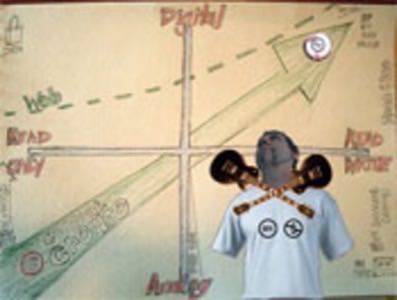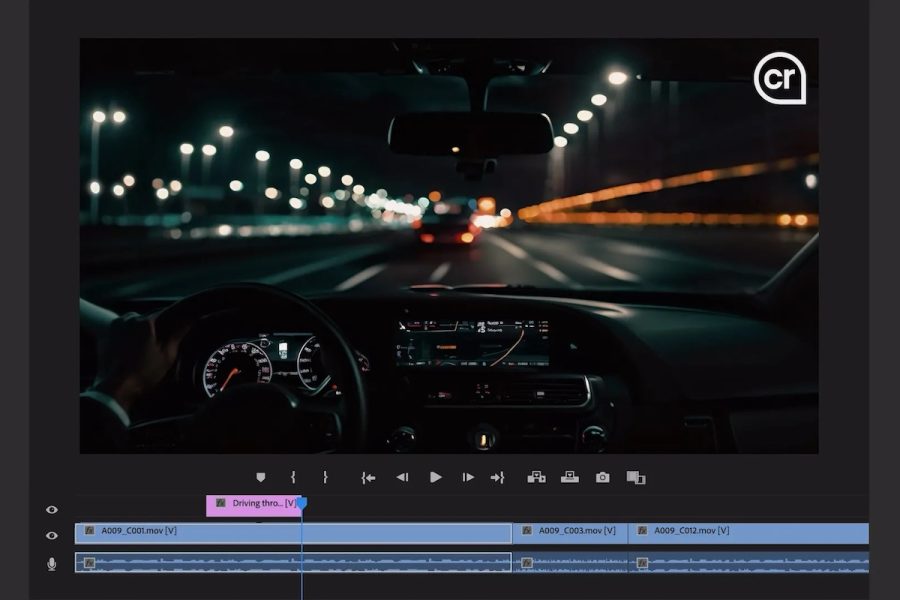Since the Web 2.0 Expo last week, two parallel questions are being asked about the current era of the Web:

a) Are we about to enter into a recession, and if so does that mean an end to the current ‘web 2.0’ era of innovation in web technology?;
b) Why aren’t we (meaning startups) tackling the “big, hard problems” with web technologies?
My conclusion is that while recession may be coming, this won’t mean an end to web innovation – because we’ll need plenty of that to take on the big, real world challenges.
The “big, hard problems” quote is taken from Tim O’Reilly’s keynote speech at the Expo. In it O’Reilly passionately urged us to “not follow the headlines” and the hot things, but go after “big, hard problems”.
Sarah Perez followed up earlier today with a post entitled Wanted: 5 Startups To Change the World, in which she commented on Umair Haque’s open challenge to Silicon Valley: find a problem to fix that will change the world for the better and he will help you do it.
This is all very inspiring, and we at ReadWriteWeb have made a conscious effort over the years to focus on meaningful web technologies. OK, we blog about Twitter, Facebook, FriendFeed and other time-wasting, info-overloading consumer apps a lot. But we also blog about health 2.0, semantic web, non-profits, ‘real world’ apps such as financial web apps, and so on. We like to think we cover the whole spectrum.
But it seems like the big, hard apps may become more of a focus over the next year or two. If you’ve been following Bernard Lunn’s long but insightful 3-part series on the new Web era, which culminated tonight with Dancing With Gorillas, you’ll have noted that Bernard’s key point is that making revenue will become more important. Up till now, argues Bernard, the M&A market has mopped up a number of web 2.0 plays that had little revenue (think del.icio.us and last.fm). But in the new Web era, success will come from startups that provide a “spark of innovation that will solve problems for millions of people in the real world, helping people in Main Street to make a living.” That’s where the revenue will be.
To hammer home this point, let me quote something from Bernard’s second post in his series, The Emerging Main Street Web. Channeling Clay Shirky, Bernard wrote:
“The basic tools of Web 2.0, such as forums, blogs, Skype, SMS, RSS and social networking have now passed the early adopter phase and crossed into the mainstream. Ordinary people are using social media to change their world.”
I couldn’t agree more – what’s exciting about this new, coming, era of the Web is that we’ll have the opportunity to use web 2.0 technologies to improve the daily lives of real people. And, as Tim O’Reilly urged, to solve some truly big problems such as the environment, health and changing government structure.
I think this new era of the Web will be very exciting. Innovation won’t stop, because we’ve hardly started solving the real problems. But Bernard is right that integrating all the Web pieces from web 2.0 (including using open web standards) will be a key driver to this new innovation.
Image: ReadWriteCulture-FangMix1 by MikeBlogs










